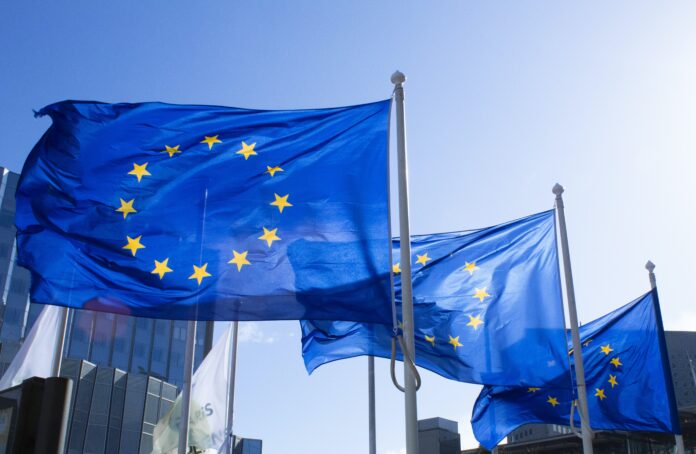IXE, which stands for the “Initiative of Christians for Europe” is a group of multiple organizations including the JESC, that represents Catholic social teachings in Europe.
IXE had its six-monthly meeting in Gent (October 15th-17th). The main topic of the session was the rule of law because of both the tensions within the European Union about this subject, and the relevance of the promotion of this value in EU external affairs.
For the United Nations, “the rule of law refers to a principle of governance in which all persons, institutions and entities, public and private, including the State itself, are accountable to laws that are publicly promulgated, equally enforced and independently adjudicated, and which are consistent with international human rights norms and standards. It requires, as well, measures to ensure adherence to the principles of supremacy of law, equality before the law, accountability to the law, fairness in the application of the law, separation of powers, participation in decision-making, legal certainty, avoidance of arbitrariness and procedural and legal transparency “(The rule of law and transitional justice in conflict and post-conflict societies: Report of the Secretary-General, S/2004/616, 23 August 2004).
The Council of Europe notes that “The Rule of Law is linked not only to the protection and promotion of Human Rights, but also to Democracy. The participation of the citizens in the strengthening of the Rule of Law is thus paramount. That is what the Venice Commission calls an ‘enabling environment’. The Rule of Law can only flourish in an environment in which people feel collectively responsible for the implementation of the concept.
Referring to the European debate on the rule of law, the Venice Commission presented a 76-page document titled “Rule of Law Checklist” in 2016 that identified common features of the Rule of Law, Rechtsstaat and Etat de droit. In addition, the global relevance of this item is also promoted by the Sustainable Development Goal 16 (“peace, justice and strong institutions”), whose target 3 declares: “Promote the rule of law at the national and international levels and ensure equal access to justice for all”.
Because the rule of law guarantees fundamental rights and values and supports an investment-friendly business environment, the Treaty on European Union, in particular article 3, considers it one of the fundamental values upon which the EU is based. The “Initiative to strengthen the rule of law in the EU” began in 2019; and, since 2020, the Europan Union has adopted “The European rule of law mechanism”. It is a preventive tool, aiming to promote the rule of law and prevent challenges from emerging. But when the the rule of law is in crisis, the Commission can trigger the “Rule of law framework” to address systemic threats to the rule of law in EU countries..
Considering the deterioration of this value, at the end of the meeting in Gent, IXE published a statement entitled “Preserving the rule of law as a pillar of European democracy”. It was signed by the following persons and organizations:
- Josian Caproens, Belgium, President of the European Forum of National Laity Committees (ELF)
- Raphael de Araújo Bittner, Germany, Central Committee of German Catholics (ZdK)
- Janko Korošec, Slovenia, Socialna akademija
- Fr. Luciano Larivera sj, Belgium, Jesuit European Social Center
- Grégoire Lefèvre, France, Semaines Sociales de France
- Dr Mary McHugh, United Kingdom, National Board of Catholic Women of England + Wales
- Petr Mucha, Czech Republic, Czech Christian Academy
- Adela Muchova, Czech Republic, Czech Christian Academy
- Dominique Pannier, France, Semaines Sociales de France
- Sabine Slawik, ANDANTE – European Alliance of Catholic women’s organizations
- Henryk Wozniakowski, Poland, Znak Christian Culture Foundation
Article by Fr. Luciano Laviera
Secretary for European Affairs, JESC





